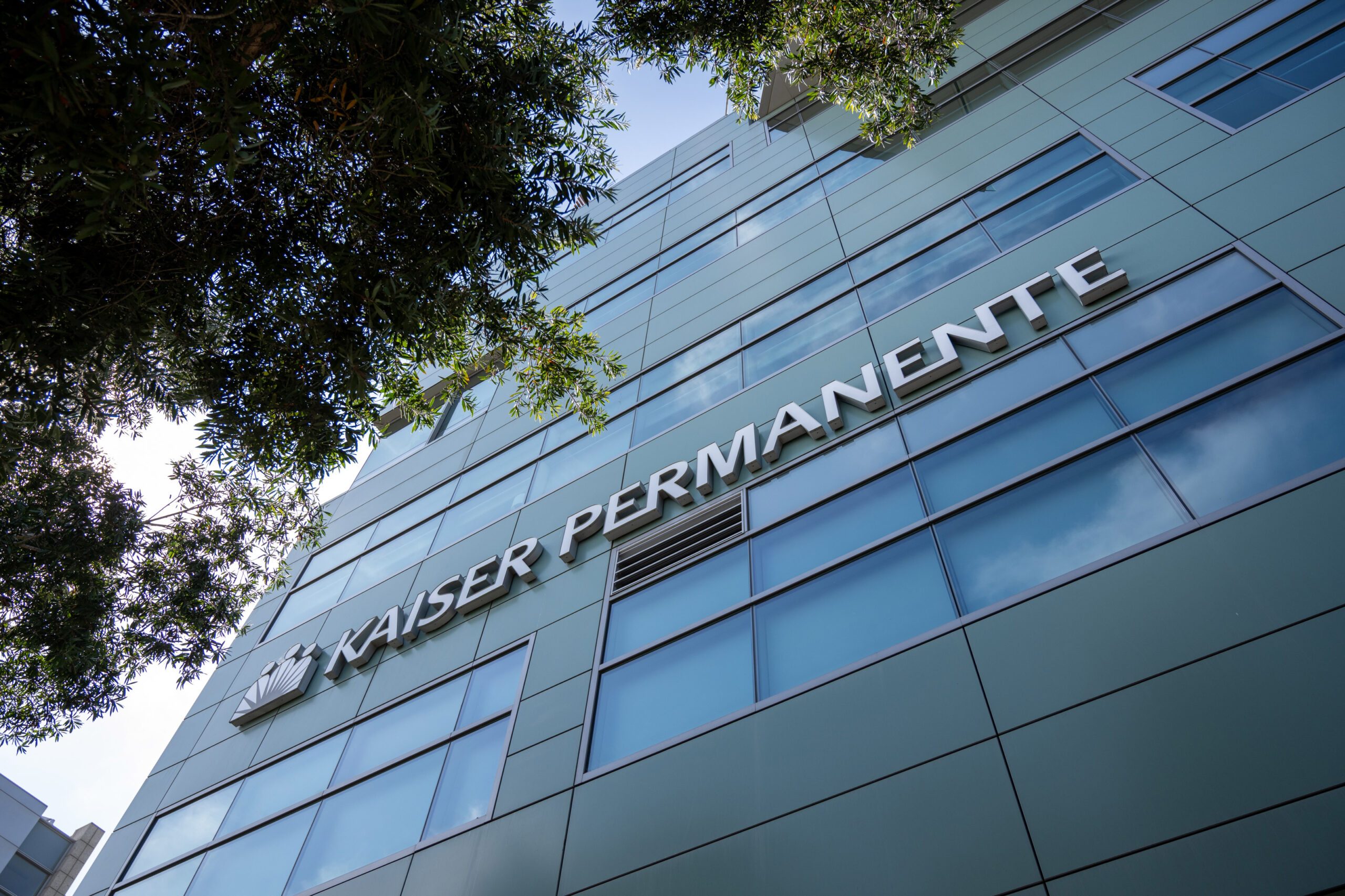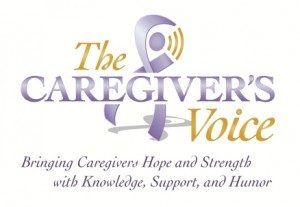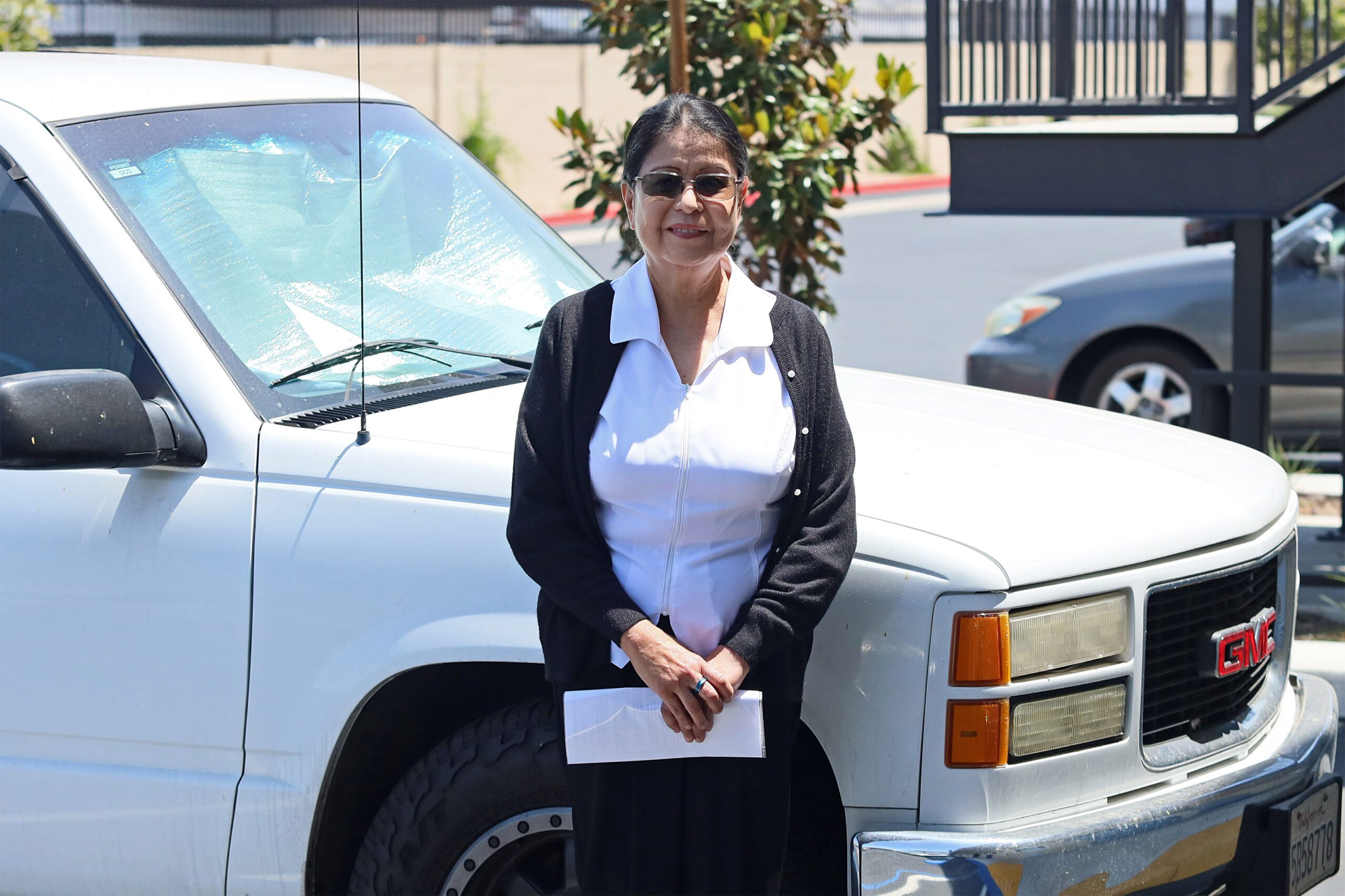A lot of people see ADHD as something that occurs during childhood, and it is true that ADHD is most diagnosed in children. Furthermore, the symptoms associated with the ADHD must be present during childhood. Still, when it can develop is still a good question and many adults wonder if they have had ADHD all along after undergoing changes in symptoms or when they learn about some of the issues associated with ADHD.
Before delving into the differences of ADHD between children and adults and the development of ADHD throughout a lifetime, it is important to know exactly what ADHD is.
What is ADHD?

Attention-deficit/hyperactivity disorder (ADHD) is a neurodevelopmental disorder that begins to develop during childhood. It causes a wide range of symptoms including inability to focus, impulsive behaviors, organizational challenges, hyperactivity, and difficulty paying attention.
The causes of ADHD are not completely known, but it seems that genetics can influence the risk of ADHD. Therefore, the condition does run in families so if you have a parent or other family member that has been diagnosed with ADHD, then it is more likely that you will have it as well. In addition, environmental and lifestyle do not cause ADHD, but these types of factors can influence the development or worsen the symptoms of the disorder.
While there is not a cure for ADHD, there are plenty of treatment options that can be highly effective. Medications and behavioral therapy are the most common treatment options that can help to reduce the symptoms drastically.
Also, adults may grow out of ADHD and notice a reduction in symptoms, but it is not very common to do so, and most people will have similar severity and frequency of symptoms during adulthood that they experienced as a child.
If you want to know more about ADHD and the challenges that it can cause, check out the articles and resources that BetterHelp has to offer. They also have professional advice and information about managing symptoms that can be beneficial.
Now that you know what ADHD is, can it begin when you are already fully grown?
Can ADHD Develop During Adulthood?
Since an ADHD diagnosis requires symptoms to be present during childhood, it is technically impossible to develop ADHD as an adult. The signs of ADHD must be noticeable and contribute to impairment before the age of 12 for it to be a diagnoseable condition.
However, this does not mean that someone cannot first be diagnosed with ADHD after reaching adulthood. While it is likely a different condition or issue if you did not notice any symptoms before adulthood, many adults do recognize symptoms of ADHD during adulthood and can easily trace them back to early childhood. This can lead to a diagnosis of ADHD later in life.
Sometimes the symptoms went unnoticed by caretakers, or nobody knew to look for ADHD as a potential condition even if the symptoms seemed to point to it. In addition, symptoms can also change from childhood to teen years and change again during the adult years. While all of the symptoms are signs of ADHD, the changes could cause an adult to mention something to their doctor that they never did when they were younger.
Symptoms During Childhood
The symptoms of ADHD during childhood are often the types of symptoms most people think of when they think about attention-deficit hyperactivity/disorder. Research shows that children are more likely to display hyperactive and impulsive behaviors and symptoms.
During grade school, children with ADHD may be unable to pay attention and may fidget, lose focus, and act out more than their peers. They may get in trouble with teachers and interrupt lessons. Children with ADHD may not be able to sit still without causing a disruption and these symptoms will not get much better during childhood as other children mature and develop better self-control.
Symptoms During Teen Years
A lot of change occurs between the ages of 13 and 19 and these changes include the symptoms of ADHD. Teenagers have more responsibilities and expectations and must do more to care for themselves than they needed to before. In addition, there is more pressure from grades to social life.
While this can be exciting, ADHD symptoms can also worsen and become more noticeable during these years, which can hinder a teen’s ability to achieve their goals and accomplish the things they want to do. It can also make it harder to participate in certain activities.
A teen with ADHD may have poor self-esteem and compare their frustrations in school and social life with their peers. They may also be unable to pay attention and may engage in risky behaviors like drug use or reckless driving. These symptoms are present during childhood but can be more pronounced during teen years because of the increase in responsibilities and self-care.
Symptoms During Adulthood
Even though ADHD cannot develop during the adult years, the symptoms may be different than they were during childhood or teenage years. While some people have reduced symptoms, others may still have similar severity of signs. The symptoms often look different because an adult is unlikely to disrupt meetings or act on impulses.
Adult symptoms may appear more like forgetfulness or distraction. An adult with ADHD may become frustrated and may fidget throughout the day. They may have difficulty with task management and organization and may find it hard to keep up with busy schedules.
Conclusion
Sometimes adults will recognize symptoms of ADHD that are getting in the way of livelihood or well-being. However, the symptoms of this disorder cannot begin during adulthood. Still, adults can be diagnosed with ADHD for the first time and the treatment may help to improve symptoms and quality of life.

Photo Credit: iStock
The post Can Someone Develop ADHD as an Adult? appeared first on The Good Men Project.
Original Article










